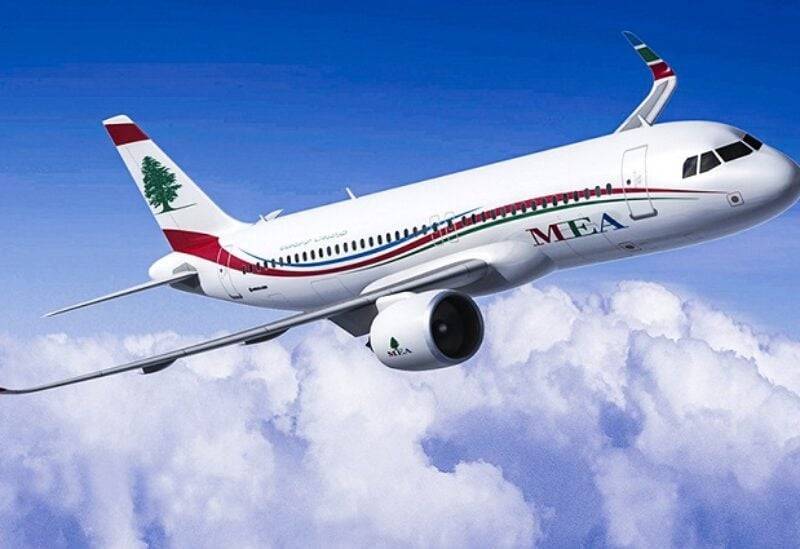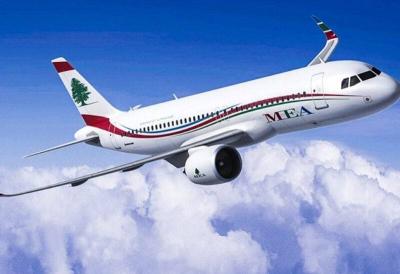For the past eight months, Lebanon has been teetering on the brink of widespread war, remaining outside a state of peace and not fully entering a state of war. This "in-between" situation is the most difficult. Perhaps this gray status is what causes certain economic sectors to be affected more than others, experiencing confusion, with the commercial sector being the first to suffer in crises and the last to recover from them.
With consumption being the lifeblood of commerce, traders in Lebanon complain about its weakness due to multiple factors, the first being the support front in the south, the presidential vacancy, disarray within institutions, and the absence of any economic reform plan to date. Hence, they have great hopes pinned on Lebanese expatriates who have started to return in large numbers to the homeland for the summer from Arab countries, Africa, Europe, and America. The traders’ call to them today is to shop for family and relatives from Lebanese commercial stores, especially since Lebanon has become cheaper than many countries in the diaspora, in addition to resuming an important service that had been halted for a year: allowing expatriates and tourists leaving Lebanon through its airport to recover the value-added tax.
Adnan Ramal, a member of the Economic and Social Council in Lebanon, told "Al-Anbaa" that the commercial sector in Lebanon is one of the most negatively affected sectors during previous periods due to the multiple crises the Lebanese economy has faced. Ramal points out that the decline in the commercial sector is evident, particularly in the first quarter of this year compared to the same period last year, as shown by reports issued by specialized organizations.
Regarding the possibility of relying on the summer and the movement of expatriates to mitigate losses, Ramal stated: the Lebanese economy as a whole looks forward to the summer season to reduce the losses and declines it has suffered in the previous period, especially since a large percentage of expatriate Lebanese have begun to return to their homeland without any fear of war. He notes that a significant number of them are from the south, hence there is hope that this expatriation will revitalize the Lebanese economy across all sectors.
Additionally, researcher Mohamed Shams al-Din at the international research and consulting firm mentioned to "Al-Anbaa": The tourism and summer season, which began on June 1 and extends until mid-September, contributes to stimulating economic and commercial activity with the arrival of Lebanese expatriates and some tourists from Arab countries, especially from Iraq, Egypt, and Jordan. He believes that this year’s summer is different from last summer due to the Gaza war, which has so far led to a 20% decline in incoming traffic, whereas last summer saw about 700,000 arrivals; this year is expected to see around 500,000, resulting in a decrease in commercial and economic activity compared to the same period last year.
Regarding what expatriates and tourists spend the most on in Lebanon, Shams al-Din confirms that their expenditures concentrate on restaurants, hotels, car rentals, clothing, and jewelry. He notes that the tourism and summer season will invigorate commercial activity in these sectors, but certainly not at the same rate recorded last year.
While those working in the tourism sector are optimistic about their activity this summer, traders have legitimate concerns until summer ends and the threat of widespread war passes, according to "Al-Anbaa" from Kuwait.




